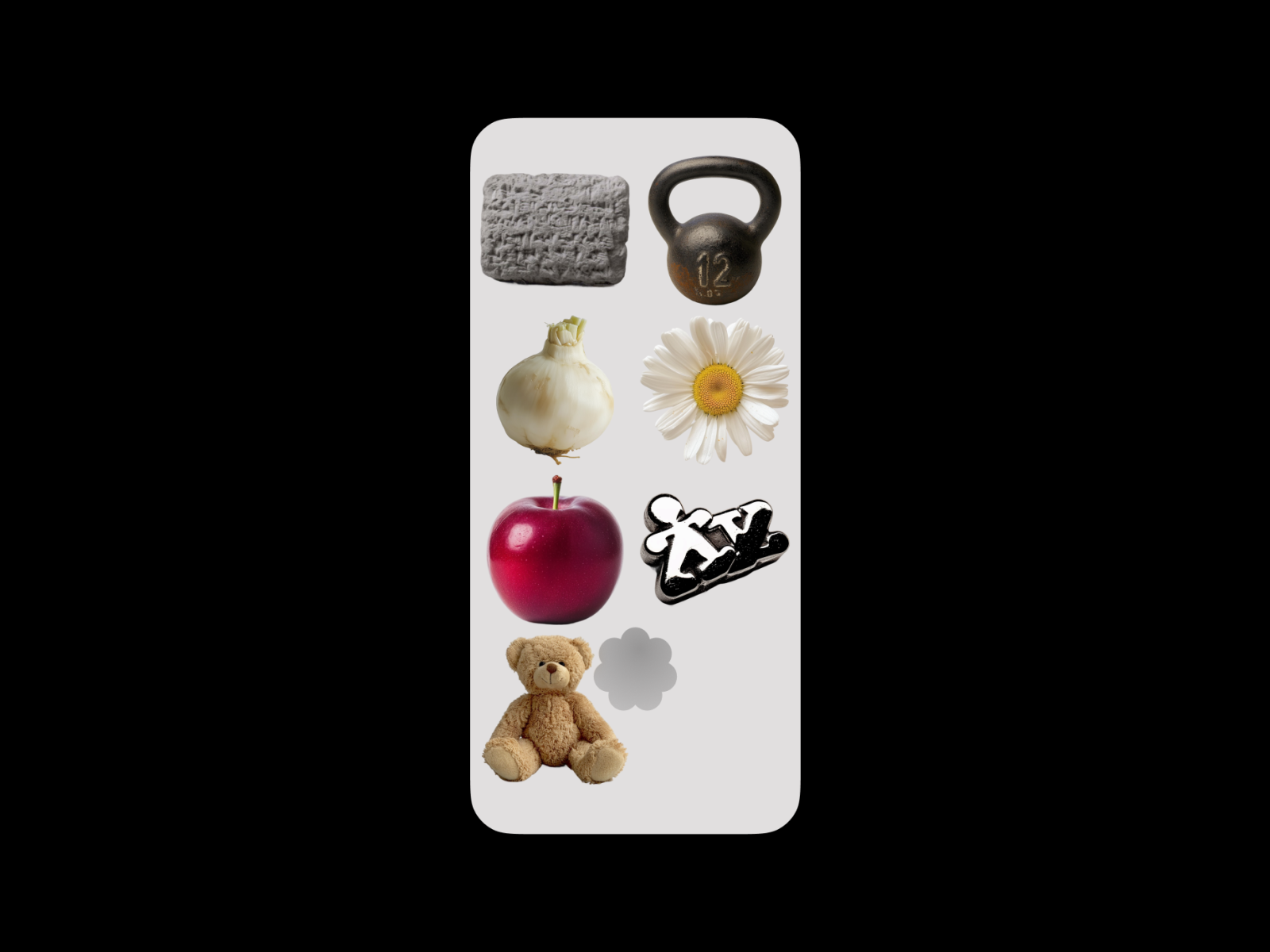For the past month I’ve been creating interfaces and infrastructure alongside Ed and Sam (Flower Company) in support of a question:
What if every object in your environment was imbued with compute and cognition?
Imagine chatting with your friends on your favorite cup of coffee by capturing it with the camera on your phone. And what if that cup of coffee could be involved in that conversation, too?
I spend a lot of time moving in the alpine. Appreciating environments that evoke planetary scale and geologic timescales. I feel deeply connected to the environment around me in these places. Like I’m an extension of it, and it of me. Existing outside myself. Tapped into a grander intelligence of sorts.

When I began contributing to Yuma questions of objects and their relation took me back several years. I was sitting in on public lectures at the Southern California Institute of Architecture. Timothy Morton and Graham Harman gave lectures. Hearing them speak was my introduction to Object Oriented Ontology.
OOO is a philosophical perspective that asserts all “objects”—human and non-human—exist equally and independently, with their own realities that are not fully accessible to other entities. Providing an interface to interact with these realities and generating new relational objects on them is a provocative idea.
What shape would a social network not centered on humans take? Is social network fatigue partly attributed to how centered on us it is? I’m suggesting “taking a break from ourselves” similar to going on a long walk.
The early internet was seen by an ambitious group of early contributors as a planetary scale meta-cognition. A hyper-object. The networked total knowledge of all who participated in its creation. Scraping the entire thing and slapping a conversational interface on it is a natural progression of that spirit.
A common critique of OOO is an implicit de-humanization of people into objects. Ben Bratton recently spoke at the Long Now Foundation, and questions if AI models trained on people are overfitting to peoples’ desires. When asking if AI should behave like us Bratton asks, “have you met humans?” It got a laugh out of me at least. Something like an adaptation of the personalized filter bubble, but on the scale of the species. Amusingly, the Vatican’s ethical guidance for AI proposes total anthropocentrism.
But what of other forms of intelligence? Animal intelligence clearly. Plant intelligence in their response to environment. Rock intelligence… assemble them a certain way and they begin to have memory and think as manifest through applications like ChatGPT. OOO proposes seeing it all as equal. I propose slotting in machine intelligence alongside them.
There has been talk and awkward attempts at onboarding synthetic users to platforms like Instagram. It’s fallen flat somewhere in the uncanny valley. Impersonations of people. These applications more closely resemble plastic than an honest material.
Years ago I had neighbors with two teenage sons and an Alexa unit. When the parents left the house the kids would start aggressively barking orders at Alexa. It made me uncomfortable.
Instead of seeing OOO and the increasing proliferation of machine intelligence as anthropocentrically regressive I find it compelling to see it as an elevation of other forms of intelligence. I’ve learned a lot the past month working on an interface that assists in revealing this.
It’s lead to greater questions, and a focused TestFlight.